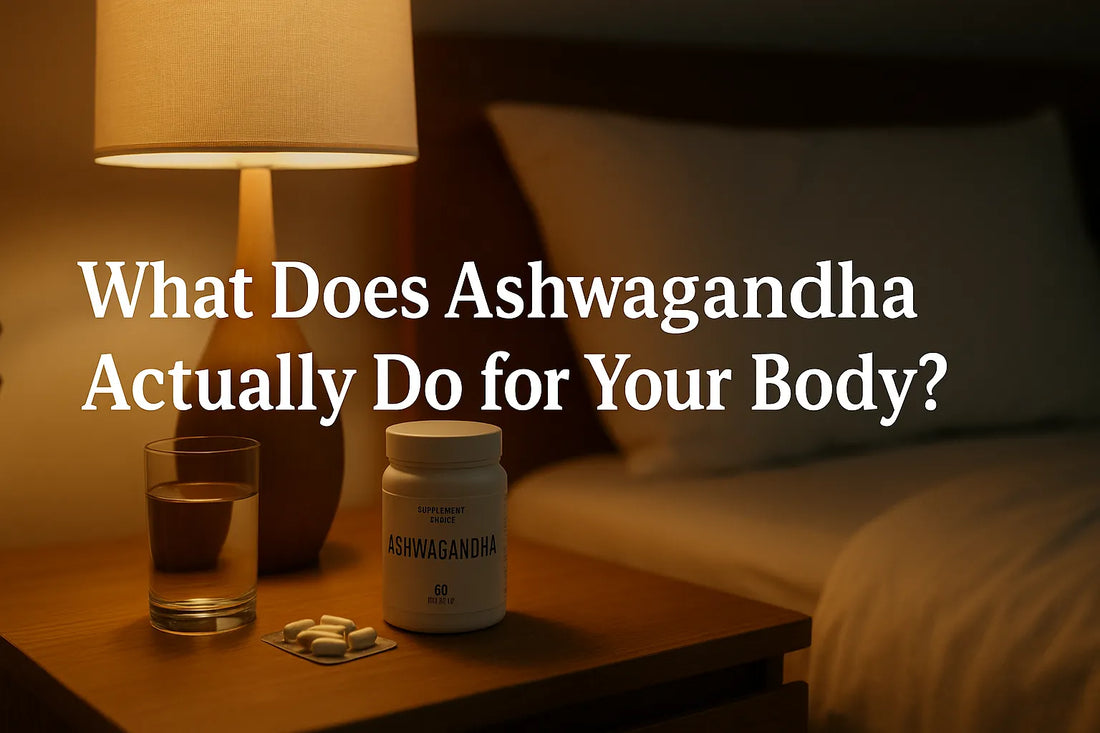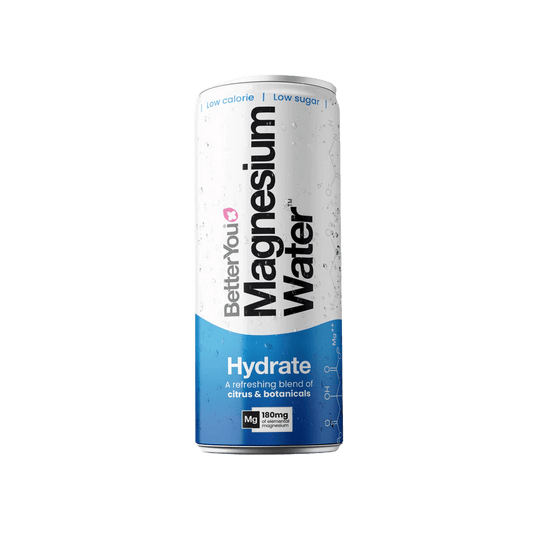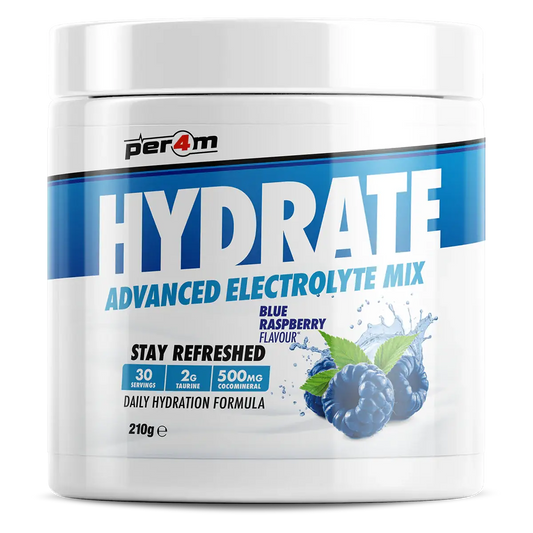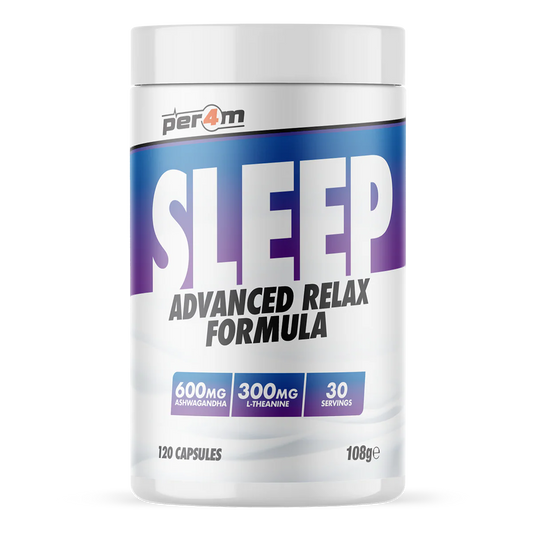Introduction: Ashwagandha — The Herb Everyone’s Talking About
Scroll TikTok, wander down a supplement aisle, or chat to your health-conscious mate, and there’s one name that keeps cropping up: ashwagandha. Some call it the stress-busting herb of the decade, others swear it’s a natural testosterone booster, while sceptics write it off as yet another overhyped wellness fad.
But here’s the thing — ashwagandha isn’t new. It’s been used in Ayurvedic medicine for over 3,000 years. What is new is the way modern science is finally catching up, testing it in clinical trials and proving many of the benefits ancient cultures already believed in.
So what does ashwagandha actually do for your body? The short answer: it helps you adapt. It’s an “adaptogen” — a natural compound that supports your body’s ability to deal with stress, whether physical, mental, or hormonal. The longer answer? That’s what we’re unpacking here. By the time you reach the end of this guide, you’ll know how it works, how long it takes to kick in, when to take it, and whether it’s the right fit for you.
And yes, we’ll also be looking at how to pair it with other supplements — because as powerful as ashwagandha is, it shines brightest as part of a smart stack.
1) Does Ashwagandha Actually Work?
The first question most people ask is the simplest: does it actually work, or is this just social-media hype?
The answer is yes — but with nuance. Multiple clinical studies, especially on the KSM-66 extract (a high-concentration form of ashwagandha), show it reduces cortisol levels (your main stress hormone), supports better sleep quality, and can even enhance performance in the gym. In one study, people who took ashwagandha daily saw a significant drop in stress scores compared to those who didn’t.
But it’s not a quick fix. You won’t pop a capsule and suddenly feel zen. Ashwagandha works by gradually shifting your body’s stress response over time. Think of it as training your system to be more resilient — calmer under pressure, steadier in recovery.
💡 Supplement Needs Ashwagandha is designed for exactly this — properly dosed, clean, and built for long-term use. It’s not hype; it’s about consistency and patience.

2) What Will Happen If I Take Ashwagandha Every Day?
This is where ashwagandha really shines. The longer you take it, the more layered the benefits become. Here’s what most people notice with daily use:
-
Week 1–2: Subtle changes — slightly calmer, maybe less reactive to daily stress.
-
Week 3–4: Sleep improves. Falling asleep feels easier, and you wake less during the night.
-
Week 5–6: Energy and focus feel more stable. You don’t get the same “afternoon crash.”
-
Week 7+: For men, testosterone levels may improve slightly. For both men and women, recovery from stress (mental or physical) feels noticeably smoother.
It’s not about dramatic overnight transformation — it’s about building resilience that compounds over time.
Daily habits matter here. Just like you wouldn’t only take a multivitamin once a week, ashwagandha needs regular use to be effective. That’s why it pairs beautifully with Applied Nutrition Multi-Vitamin Complex — both become part of your daily foundation. One covers your essential micronutrients, the other fortifies your stress response. Together, they help you thrive rather than just survive.
3) How Long Does It Take for Ashwagandha to Kick In?
Patience is key. Ashwagandha isn’t caffeine; it doesn’t deliver a jolt in 30 minutes. Instead, it builds gradually.
-
For stress relief, most people notice results in 2–4 weeks.
-
For sleep quality, changes often start around week 3.
-
For hormonal support (like testosterone), studies suggest 8–12 weeks of daily use.
It’s a marathon, not a sprint. The effects compound quietly in the background until one day you realise: you’re sleeping better, recovering faster, and handling stress that used to derail you.
That slow-burn consistency is the same principle that makes Naughty Boy Prime Creatine so effective. Like creatine, ashwagandha works by saturating your system over time. Skip doses, and you break the rhythm. Stay consistent, and the benefits stack.

4) How Quickly Does Ashwagandha Lower Cortisol?
Cortisol isn’t “bad” — it’s vital for waking up in the morning, handling emergencies, and fuelling your workouts. But when cortisol stays chronically high, it wrecks sleep, blunts recovery, and can even lead to weight gain around the midsection.
Ashwagandha’s most famous trick is balancing this hormone. Clinical trials have shown a 20–30% reduction in cortisol after 60 days of consistent supplementation. That’s not just “feeling calmer” — that’s measurable biochemical change.
Lower cortisol means:
-
Better quality sleep.
-
Less emotional reactivity.
-
Easier fat loss around the belly.
-
More energy for actual training.
Of course, cortisol balance doesn’t happen in isolation. Minerals like magnesium play a huge role in calming the nervous system and regulating sleep cycles. That’s why stacking BetterYou Magnesium Water with ashwagandha is such a powerful combo — one addresses stress hormones, the other soothes your nervous system.

5) Do I Take Ashwagandha in the Morning or Night?
The beauty of ashwagandha is that it works either way — it just depends on your goals.
-
Morning: If you struggle with anxiety, morning doses can give you calm focus for the day ahead.
-
Night: If your main issue is sleep, an evening dose can support deeper rest and recovery.
There’s no single “best” time — only the timing that fits your needs. Some people even split their dose between morning and evening.
💡 Here’s where Per4m Sleep comes in as the perfect partner. If you’re taking ashwagandha at night, pairing it with a targeted sleep supplement amplifies the recovery effect. One helps you unwind mentally, the other gives your body the nutrients it needs to fall into deeper sleep cycles.
✅ End of Part 1
So far we’ve tackled:
-
Whether ashwagandha actually works.
-
What daily use looks like.
-
How long it takes to kick in.
-
Its effect on cortisol.
-
Morning vs evening dosing.
We’ve also spoke about the best 5 products that support ashwagandha:
- Supplement Needs Ashwagandha
- Applied Nutrition Multi-Vitamin Complex
- Naughty Boy Prime Creatine
- BetterYou Magnesium Water
- Per4m Sleep
🔜 Part 2 will explore:
-
What not to mix with ashwagandha.
-
The truth about weight gain.
-
Daily safety.
-
Who should avoid it.
-
Whether it shows up on a drug test.
-
Plus: a full FAQ and conclusion.
What Does Ashwagandha Actually Do for Your Body? (Part 2)
6) What Not to Mix With Ashwagandha?
Ashwagandha is safe for most people, but like any supplement, there are a few combinations worth avoiding.
-
Sedatives or alcohol: Since ashwagandha has calming effects, combining it with strong sedatives or heavy drinking may make you feel overly drowsy.
-
High-dose adaptogen blends: Too much of a good thing can be counterproductive. Doubling up on multiple calming herbs (like valerian + ashwagandha + passionflower) might tip you into lethargy.
-
Medical considerations: If you’re on thyroid medication or SSRIs (antidepressants), always check with a doctor. Ashwagandha can subtly influence thyroid hormones and stress pathways.
For most healthy adults, combining ashwagandha with core supplements is safe. It even pairs well with energy and hydration support. For example, using Per4m Hydrate Electrolyte Mix alongside ashwagandha keeps you alert and physically primed without relying on stimulants.

7) Can Ashwagandha Cause Weight Gain?
This is one of the more surprising questions, and the short answer is no — it won’t make you pile on fat.
Here’s where the confusion comes from: some people notice their appetite increases slightly on ashwagandha. That’s not because the herb is making them gain weight; it’s because lowering cortisol and stress can normalise appetite signals. If you’ve been stress-eating less, this might feel like a rebound.
On the flip side, research shows ashwagandha may actually help with fat loss. Lower cortisol = less abdominal fat storage. Better sleep = improved metabolism and recovery. More stable energy = fewer sugar cravings.
The key is balance: ashwagandha helps your body find its natural set point, whether that means shedding excess fat or simply feeling more energised.
💡 For lean recovery, pairing it with Combat Fuel Clear Whey is ideal. Ashwagandha helps control stress-driven appetite, while whey supports muscle repair without unnecessary calories. Together, they keep weight gain productive, not problematic.

8) Is It OK to Take Ashwagandha Daily?
Yes — in fact, daily use is exactly how it’s designed to work. Most of the clinical studies on ashwagandha test it over 8–12 weeks, with participants taking it every day. Results: improved stress tolerance, better sleep, stronger recovery, even modest testosterone increases in men.
There’s no evidence it needs cycling like pre-workouts or fat burners. Think of it more like a lifestyle supplement — like omega-3 or creatine — where consistency is everything.
💡 That’s why it pairs so naturally with Supplement Needs Omega 3. Both are safe for long-term daily use, both reduce inflammation, and both build benefits gradually. Add them to your morning or evening routine and you’ll cover two of the most powerful wellness bases: stress and recovery.
9) Who Should Avoid Ashwagandha?
While it’s generally safe, there are some groups who should think twice or consult a GP before taking ashwagandha:
-
Pregnant or breastfeeding women: Research here is limited, so caution is best.
-
People with thyroid issues: Ashwagandha can influence thyroid hormones, so dosage needs careful consideration.
-
Autoimmune conditions: If you have lupus, MS, or rheumatoid arthritis, ashwagandha may stimulate the immune system in unpredictable ways.
-
People on medication: Especially sedatives, SSRIs, or strong thyroid drugs.
For most healthy adults, ashwagandha is safe and beneficial. But like any supplement, personal context matters.
10) Does Ashwagandha Show Up on a Drug Test?
Good news: no. Ashwagandha isn’t a banned substance, and it doesn’t trigger positive results on standard drug tests. Even athletes at the highest level can safely use it.
In fact, the World Anti-Doping Agency (WADA) doesn’t list ashwagandha as prohibited. That’s why it’s gaining popularity among athletes who need stress management without risking their careers.
So if you’re worried about work testing or competitive sports, you can relax — your Supplement Needs Ashwagandha capsules won’t cause any red flags.
🧠 FAQ: Ashwagandha and Your Body
1. What are the proven benefits of ashwagandha?
Lower cortisol, reduced stress and anxiety, improved sleep, better recovery, hormonal support, and enhanced focus.
2. Does ashwagandha really work for stress?
Yes. Clinical studies consistently show cortisol reductions of 20–30% after 8 weeks.
3. What does ashwagandha do for men vs women?
Men: testosterone support, strength, recovery. Women: stress relief, mood stability, hormonal balance.
4. How long before ashwagandha starts working?
2–4 weeks for stress and sleep, 8–12 weeks for hormonal and performance benefits.
5. Does ashwagandha help with sleep and recovery?
Yes — it promotes deeper, more restorative sleep and lowers the stress hormones that interfere with recovery.
6. Can I mix ashwagandha with other supplements?
Yes. It pairs well with multivitamins, magnesium, omega-3, creatine, whey, and electrolytes. Avoid doubling up with heavy sedatives.
7. Does ashwagandha cause weight gain?
No — if anything, it supports fat loss by lowering stress-driven belly fat and improving sleep quality.
Conclusion: Ashwagandha’s Real Power
So, what does ashwagandha actually do for your body? It doesn’t give you a buzz, and it’s not a magic pill. Instead, it quietly rewires your stress response, helps you sleep deeper, supports recovery, and makes life — and training — more manageable.
It’s not about extremes; it’s about balance. When your cortisol is under control, when your sleep is solid, when your recovery feels smoother — everything else improves. You don’t just survive workouts and workdays, you thrive through them.
💡 That’s why Supplement Needs Ashwagandha is such a smart daily choice. And when you pair it with core essentials like multivitamins, creatine, magnesium, whey, and omega-3, you build a supplement stack that works with your body, not against it.





